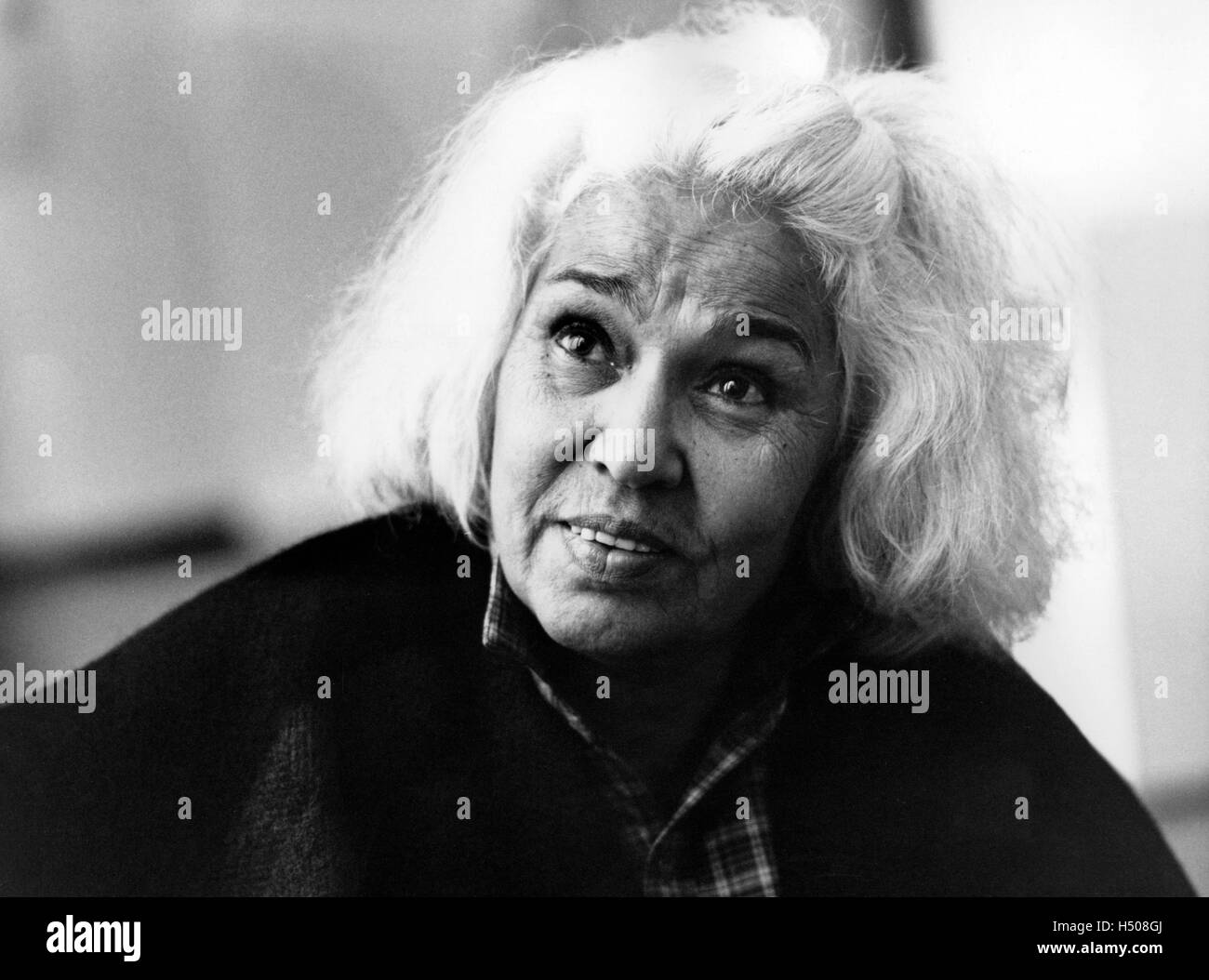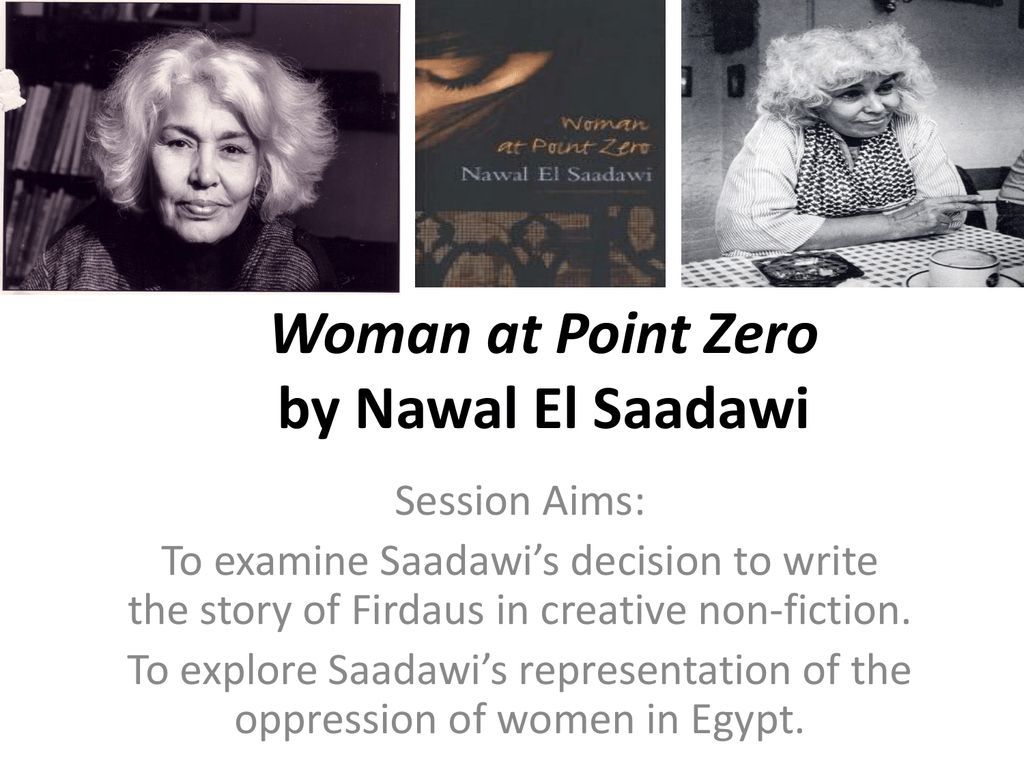

Sharifa saves her yet again, but in the end, she uses Firdaus’s body for her own financial gain. He imprisons her, beats her, rapes her, and allows his friends to rape her as well.

Bayoumi, the kind man who saves her from the streets, does a complete reversal when Firdaus tries to exert her independence. Her husband, Sheikh Mahmoud, beats her and causes her to run away from their home and become a streetwalker. Her uncle, a childhood hero, molests her and eventually chooses his new wife and family over her. Each person whom Firdaus trusts or loves betrays her in some way. BetrayalĪ core thread running through all of Firdaus’s relationships is the element of betrayal. Firdaus notes that she doesn’t remember seeing Bayoumi’s eyes like this before, suggesting that the change in eyes mirrors the change in behavior. In his place is a violent brute with lecherous, jet black eyes who beats and rapes Firdaus. Gone is the almost submissive man with his calm eyes. When Firdaus tries to leave Bayoumi’s apartment to find work, the man and his eyes morph.

At first, Bayoumi’s eyes are calm and resigned, not at all the eyes of a violent man. Later on in the novel, Saadawi’s uses eyes to describe Bayoumi’s transformation from Firdaus’s rescuer to her rapist.

Here, eyes are used as a system of comparing and contrasting Firdaus’s close relationship with her mother to her strained relationship with her stepmother. Firdaus likens them to extinguished lamps, dull and impervious (Saadawi 46). Firdaus’s mother had eyes that looked like “sunlight was pouring into them from some magical source,” whereas the eyes of Firdaus’s stepmother never had light in them. This is apparent early on in the novel when Firdaus compares her birthmother to her stepmother. Eyes are central to Saadawi’s characterization of key players in the novel. The aphorism “the eyes are a window to the soul” is a phrase to bear in mind when reading Woman at Point Zero.


 0 kommentar(er)
0 kommentar(er)
